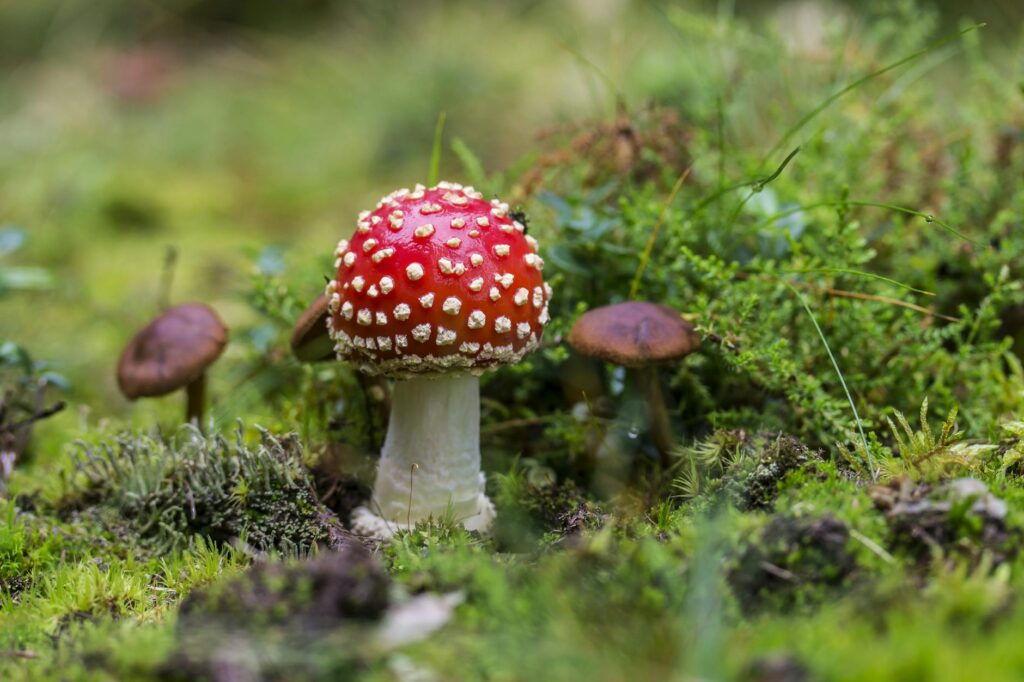Understanding The Phenomenon Of Toxic Fandom
Fandom is a form of camaraderie, a collective of like-minded individuals united by a shared enthusiasm for a specific story, character, or niche. The communal excitement can be palpable, the synchronized passion igniting a flame that burns brightly within the ever-growing fandom communities. However, like any flame, if not kept in check, it can turn into a wildfire, destructive and menacing. This is when fandom becomes toxic.
Toxic fandom describes a situation where fans’ passion towards a certain subject becomes obtrusive, tarnishing not only their own conduct within the fan community but extending far beyond the fandom’s boundaries, affecting creators, commencing unnecessary disputes, and tainting the overall fan experience. Let’s delve deeper into the cause and effects of toxic fandom.

Triggers Of Toxic Fandom
While all fandom communities are capable of becoming toxic, this is more common in fandoms attached to widespread movies, series, books, or genres, where the magnitude of the fandom becomes a catalyst for problematic behavior. It’s often triggered by a strong sense of entitlement amongst fans, leading to abrasive demands for control over the narrative or the characters according to their whims and personal interpretations.
One instance when toxic fandom grabbed headlines was the reaction some fans had to the final season of the popular TV show, Game of Thrones. Disgruntled by the creative choices made by the show’s creators, a section of fans began a petition to remake the season entirely – a blatant display of entitlement.

The Repercussions of Toxic Fandom
When fandom becomes toxic, it silences the voices of other fans who do not conform to the majority’s whims, creating an atmosphere not conducive to the free expression of ideas or open conversation. Furthermore, it extends into pure bullying, harassing creators or cast members, thus deteriorating the symbiotic relationship between creators and fans. Star Wars actress Kelly Marie Tran and Rick and Morty co-creator Dan Harmon have been victims of such harassment.
Moreover, gatekeeping can occur where long-time followers belittle new participants or fans with differing opinions, further fermenting the toxic atmosphere.

Dealing With Toxic Fandom
Curbing toxic fandom requires introspection from the fans themselves. Understanding the limits of fandom, respecting differing viewpoints, and considering the creator’s intentions are crucial. Furthermore, providing safe and positive spaces for discussion, making it clear harassment and toxicity will not be tolerated, can be a robust first step.
Additionally, fans should remember objects of their adoration are the creative inputs of actual human beings, not mere canvases to hold up to their personal interpretations endlessly. J.K. Rowling’s invaluable insight on fan entitlement points towards this reality. Remember, criticism is valuable, but incessant, mindless bashing is not.
Frequently Asked Questions
What is toxic fandom? Toxic fandom describes a situation where the passion of fans for a certain subject becomes harmful, causing conflicts within and outside the fandom and affecting the creators negatively.
What causes toxic fandom? The main trigger of toxic fandom is a strong sense of entitlement amongst fans and their demands for control over the narrative or characters, often leading to conflicts and negative behavior.
How can we deal with toxic fandom? Dealing with toxic fandom requires understanding the limits of fandom, respecting differing viewpoints, and creating safe spaces for healthy discussions. Online harassment and toxicity should not be tolerated.
Is toxic fandom frequent? Not all fandoms are toxic, but any fandom can potentially become toxic. It depends on how fans express their passion and how they react to changes or decisions they may not agree with.
Does toxic fandom affect creators? Yes, creators often bear the brunt of toxic fandom with cases of online harassment and bullying well-documented. It can tarnish the symbiotic relationship between creators and fans.





